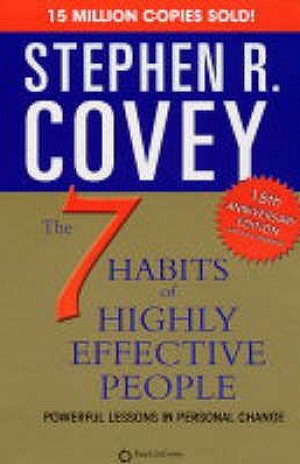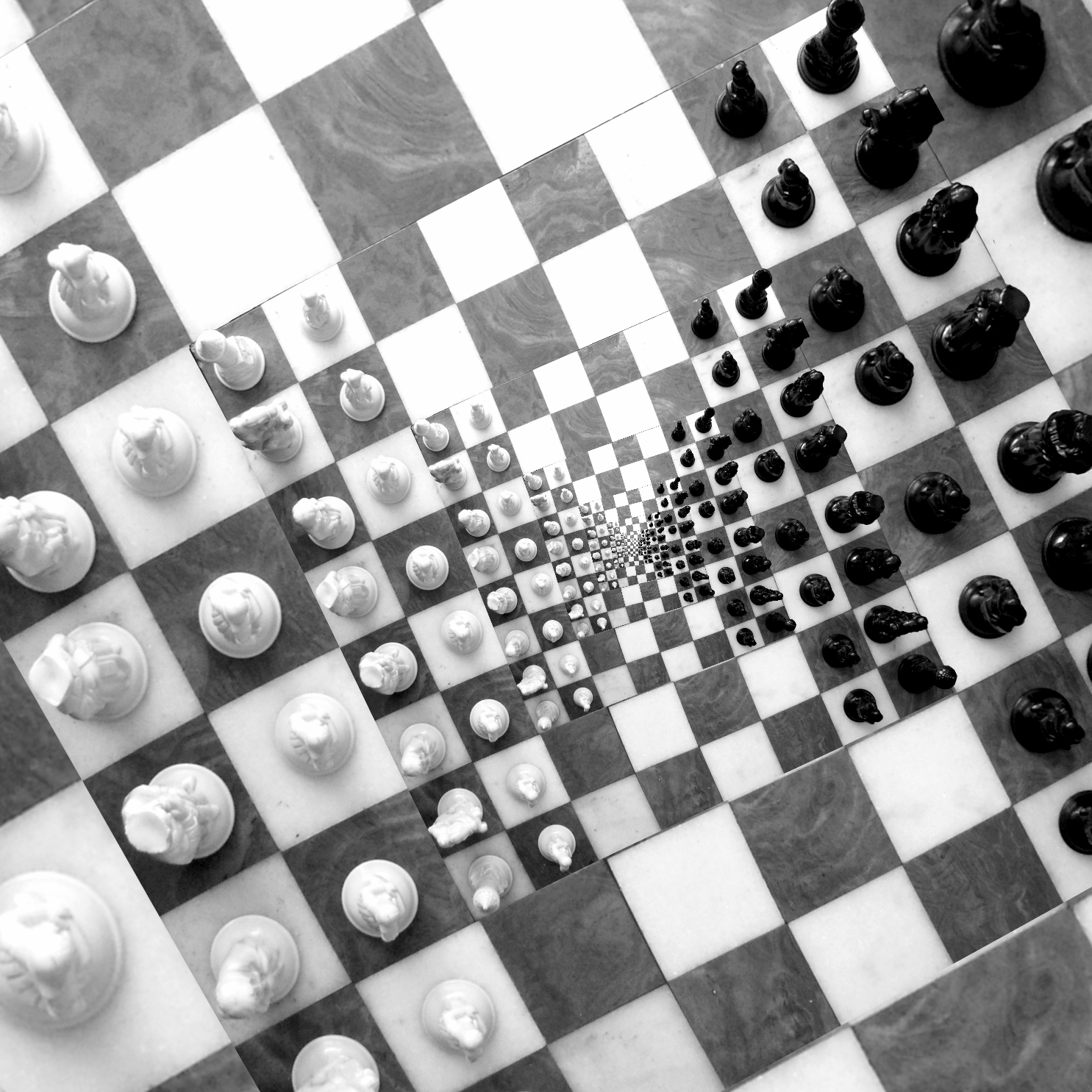
At our school, we have staff enrichment (i.e. CPD) every Monday. During these CPD sessions, we are sometimes able to choose from a menu of sessions. One session was entitled "How to be an effective form tutor" another was entitled "How to manage your time more effectively". It was September, we had just had a baby boy 2 months ago and I was getting by on 3-6 hours broken sleep in a day; surprisingly, I was very productive however unsurprisingly, I still opted for the second session!
What did I learn. Two things, first of all, there are only certain things we can control in our life. Whilst working as a door-to-door book salesman, I learnt a phrase "control the controllables". Our Sales leader had obviously read Covey:

Source: Covey, 7 Habits of Highly Effective People (1999)
We must sort ourself out and accomplish private victories before we can accomplish greater public victories. One of those private victories and one which is related to numbers 1-3 above is managing our own time and strategic planning.
This ties into the second thing I learnt about time management. We should try to plan well in advance, having a strategic overview and also planning by the week rather than by the day. As a result we minimise the number of things in the top left corner AKA Crisis Corner.

Source: www.island94.org Adapted from Stephen Covey
How many of us simply let the important things build up until they become urgent and start to seriously stress us out?

Source: Flickr FJTUrban
A few days later it hit me, the teacher who delivered our CPD (yes, most of our CPD is delivered by our own staff) is an avid chess player. Perhaps there was a link between chess and time management as a teacher. Like teaching, chess is a game of strategy. You have to have an end goal, i.e. where you want your students to be at the end of the term/year. Likewise, whilst it helps to know your opponent in chess, it helps to know your classes and students so that you can plan your tactics carefully. I make no comparison to battlefields and the front-line though!
Similarly, the sequences of moves/lessons strike me as another parallel. And finally, as Covey advises us to plan by the week to avoid crises, in chess if we simply play one move at a time, one lesson at a time, one day at a time, we'll soon find ourselves in moments of stress and crisis as too many things hit us at once. Perhaps, we should all be teaching like a chess grandmaster. We could have set strategies, plan our moves (lessons) well in advance perhaps several moves ahead with a medium and long term goal in mind. We could have a backup plan should our students go off track or make an unanticipated move(ment) in progress. With all this in place, I believe it is less likely that we will get caught out. Instead we will spend more of our time in "The Zone", planning and delivering good and outstanding lessons, rather than flailing around fighting small fires in the bottom left corner or dealing with larger fires in the top left.
I'd be interested in hearing your thoughts. Am I just stating the obvious or does the analogy help us manage our time more effectively as teachers?
No comments:
Post a Comment